Milan Petković
Schema-Driven Actionable Insight Generation and Smart Recommendation
Jul 24, 2023


Abstract:In natural language generation (NLG), insight mining is seen as a data-to-text task, where data is mined for interesting patterns and verbalised into 'insight' statements. An 'over-generate and rank' paradigm is intuitively used to generate such insights. The multidimensionality and subjectivity of this process make it challenging. This paper introduces a schema-driven method to generate actionable insights from data to drive growth and change. It also introduces a technique to rank the insights to align with user interests based on their feedback. We show preliminary qualitative results of the insights generated using our technique and demonstrate its ability to adapt to feedback.
Autoencoders as Tools for Program Synthesis
Sep 05, 2021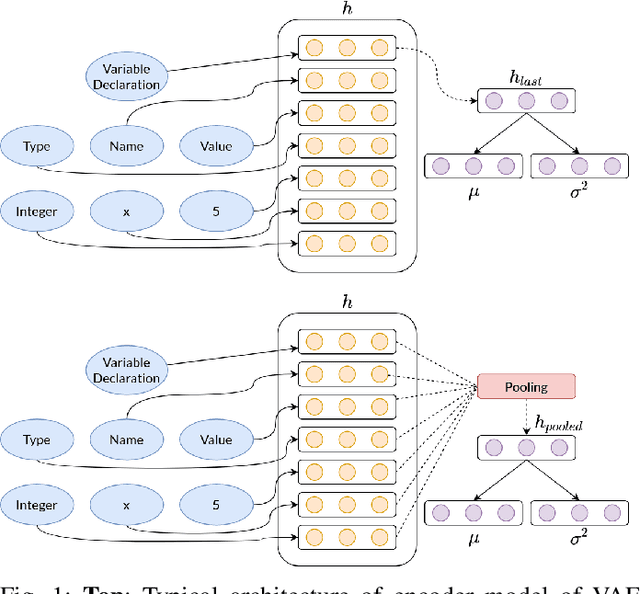
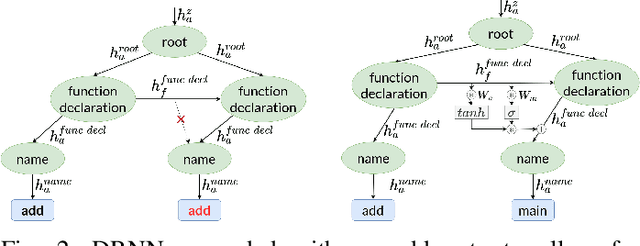


Abstract:Recently there have been many advances in research on language modeling of source code. Applications range from code suggestion and completion to code summarization. However, complete program synthesis of industry-grade programming languages remains an open problem. In this work, we introduce and experimentally validate a variational autoencoder model for program synthesis of industry-grade programming languages. This model makes use of the inherent tree structure of code and can be used in conjunction with gradient free optimization techniques like evolutionary methods to generate programs that maximize a given fitness function, for instance, passing a set of test cases. A demonstration is avaliable at https://tree2tree.app
BF++: a language for general-purpose program synthesis
Feb 18, 2021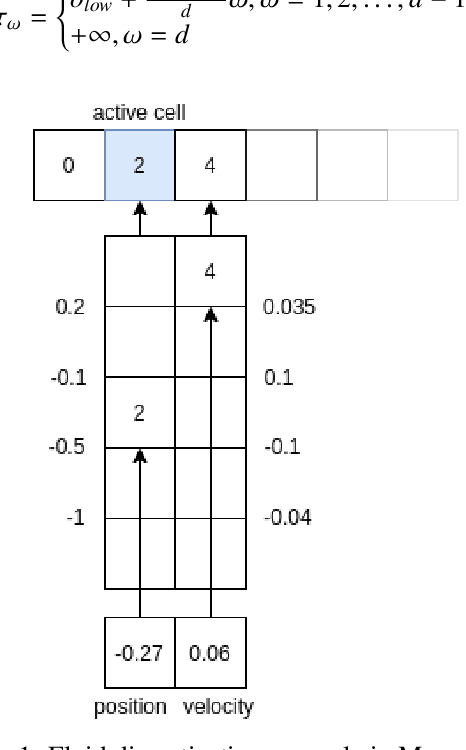


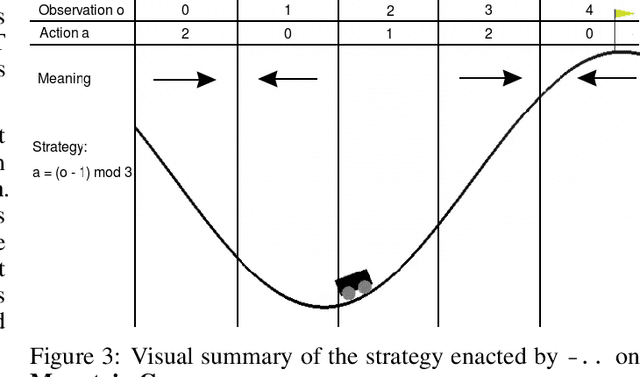
Abstract:Most state of the art decision systems based on Reinforcement Learning (RL) are data-driven black-box neural models, where it is often difficult to incorporate expert knowledge into the models or let experts review and validate the learned decision mechanisms. Knowledge-insertion and model review are important requirements in many applications involving human health and safety. One way to bridge the gap between data and knowledge driven systems is program synthesis: replacing a neural network that outputs decisions with a symbolic program generated by a neural network or by means of genetic programming. We propose a new programming language, BF++, designed specifically for automatic programming of agents in a Partially Observable Markov Decision Process (POMDP) setting and apply neural program synthesis to solve standard OpenAI Gym benchmarks.
Neurogenetic Programming Framework for Explainable Reinforcement Learning
Feb 08, 2021
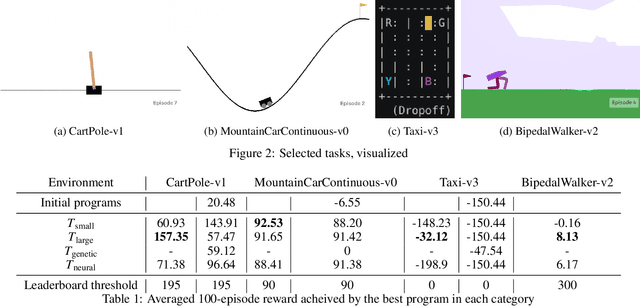
Abstract:Automatic programming, the task of generating computer programs compliant with a specification without a human developer, is usually tackled either via genetic programming methods based on mutation and recombination of programs, or via neural language models. We propose a novel method that combines both approaches using a concept of a virtual neuro-genetic programmer: using evolutionary methods as an alternative to gradient descent for neural network training}, or scrum team. We demonstrate its ability to provide performant and explainable solutions for various OpenAI Gym tasks, as well as inject expert knowledge into the otherwise data-driven search for solutions.
Artificial Intelligence in Clinical Health Care Applications: Viewpoint
Jun 26, 2019Abstract:The idea of Artificial Intelligence (AI) has a long history. It turned out, however, that reaching intelligence at human levels is more complicated than originally anticipated. Currently we are experiencing a renewed interest in AI, fueled by an enormous increase in computing power and an even larger increase in data, in combination with improved AI technologies like deep learning. Healthcare is considered the next domain to be revolutionized by Artificial Intelligence. While AI approaches are excellently suited to develop certain algorithms, for biomedical applications there are specific challenges. We propose recommendations to improve AI projects in the biomedical space and especially clinical healthcare.
 Add to Chrome
Add to Chrome Add to Firefox
Add to Firefox Add to Edge
Add to Edge